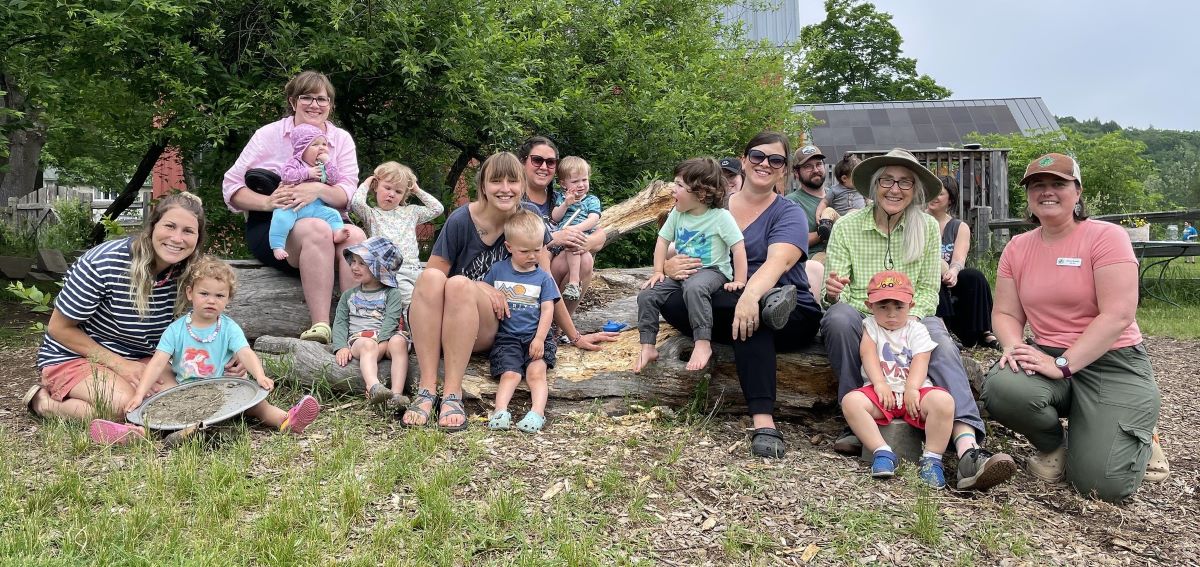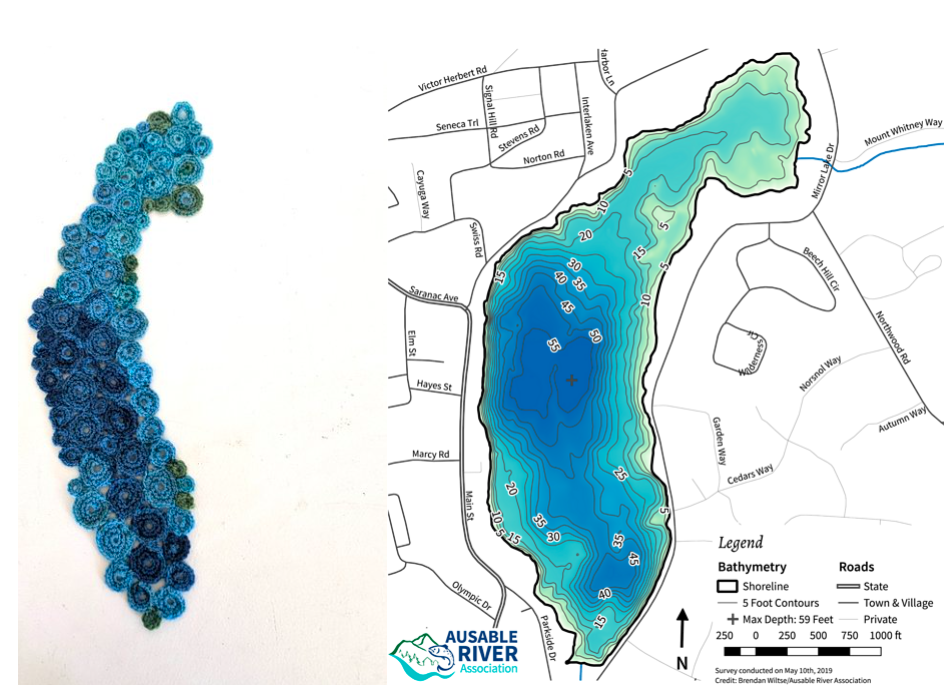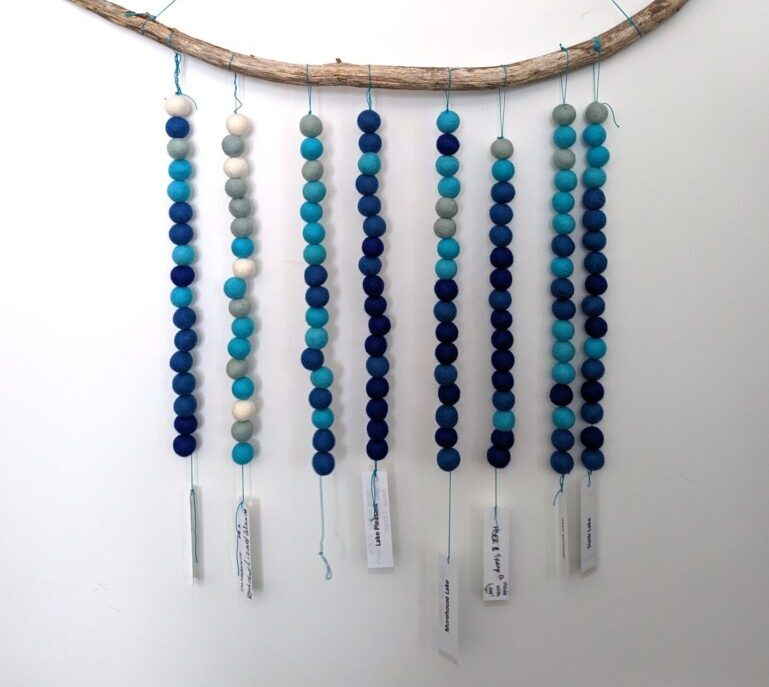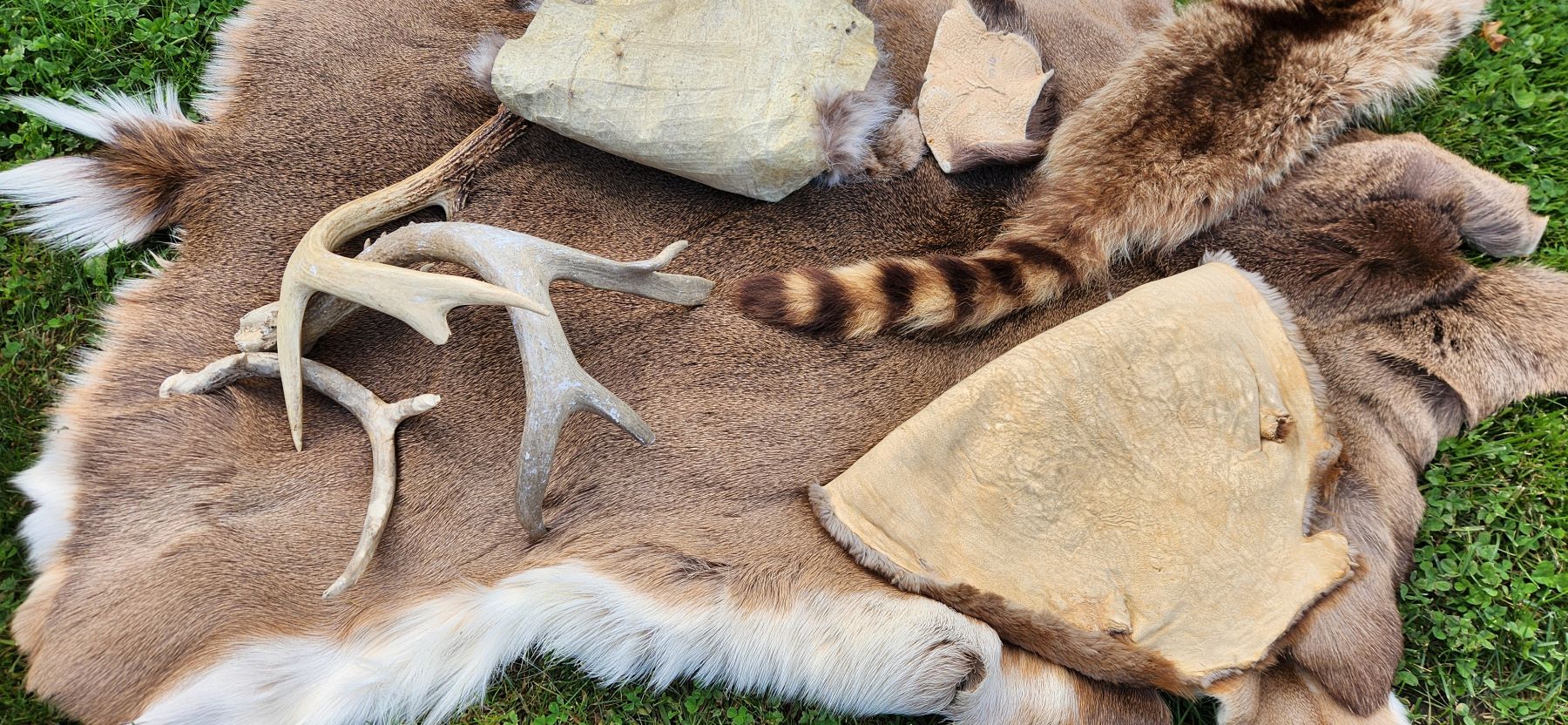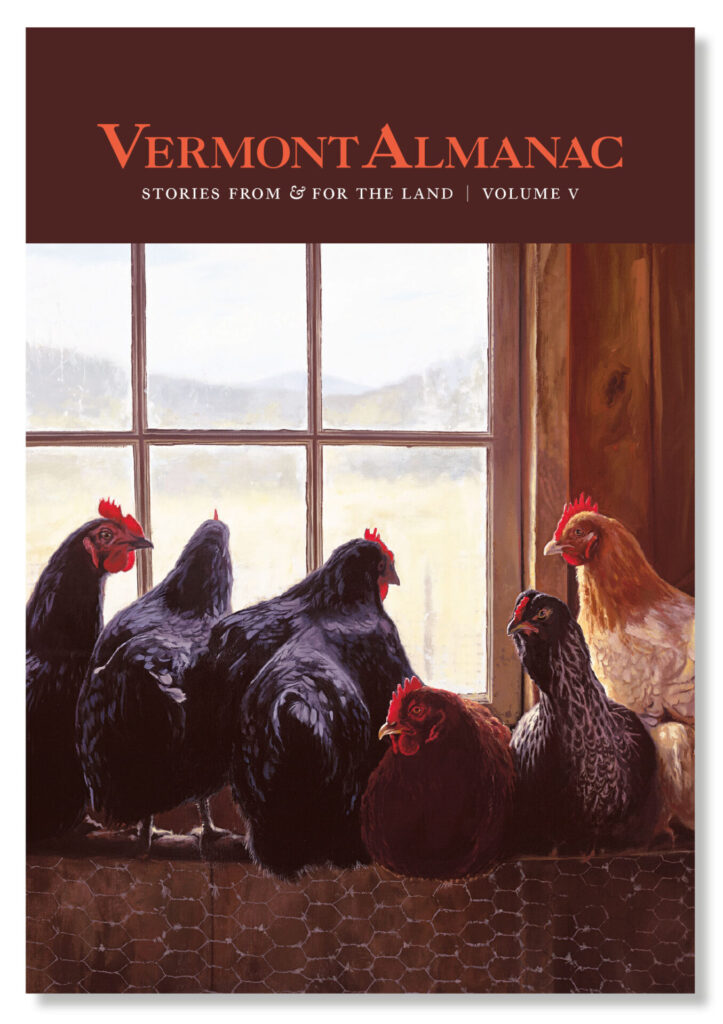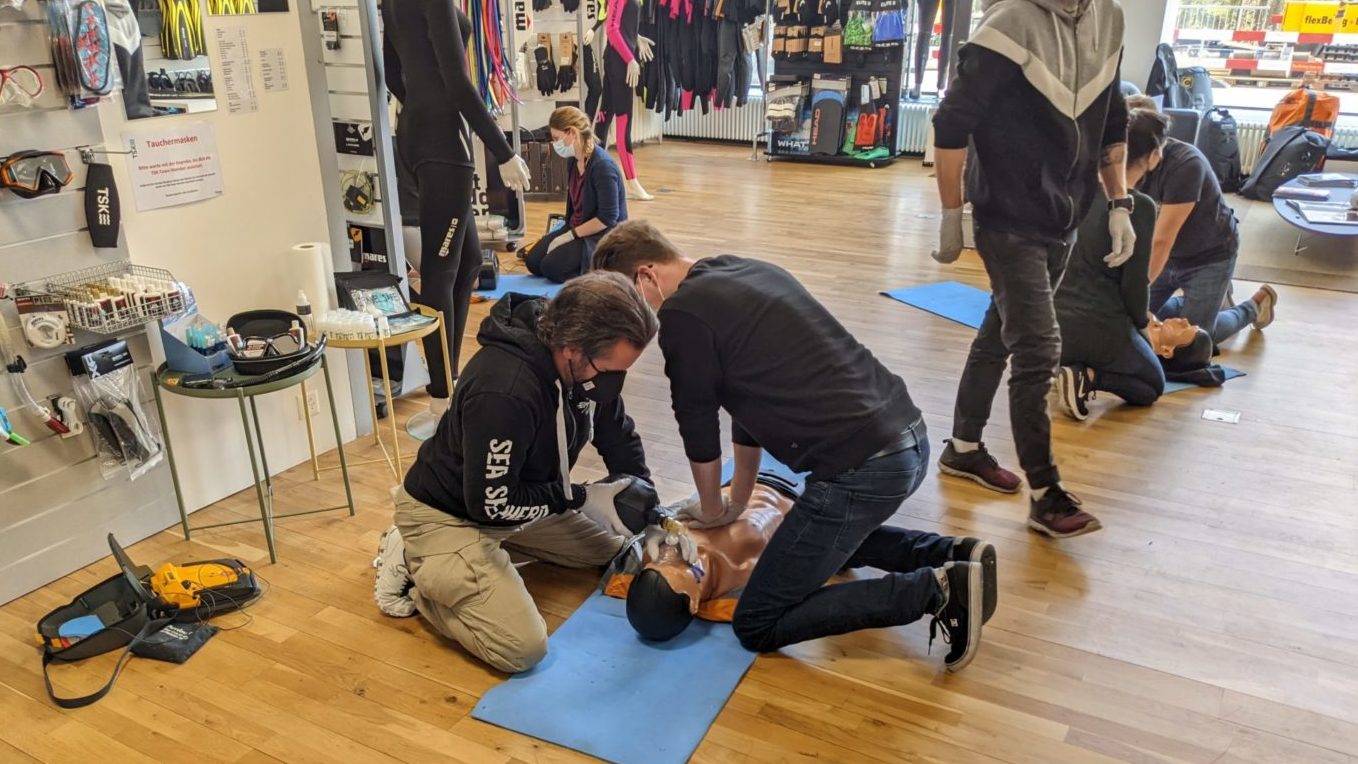North Branch Nature Center
- Events
- Venues
- North Branch Nature Center
Montpelier, Vermont 05602 Get Directions
Robin’s Nest Nature Playgroup (Fall Season)
North Branch Nature Center 713 Elm Street, Montpelier, VermontA free activity for families to gather, learn, and play in nature.
ECO Homeschool (Aged 6 – 12) Late Fall Session
North Branch Nature Center 713 Elm Street, Montpelier, VermontEach Monday, the woods and fields of North Branch Nature Center will be our classroom, where students will learn by doing, using all five senses to engage with the landscape through standards-based lessons while directly engaging with the natural world and the organisms that we share this land with.
Art Gallery Reception – Wool and Water
North Branch Nature Center 713 Elm Street, Montpelier, VermontPlease join us at North Branch Nature Center for an evening celebrating our fall art exhibit, Wool and Water. Tour the gallery, meet Michale Glennon, the organizer of this collaborative project and creator of many of the pieces, and enjoy some light refreshments.
Data Art for Yarn Lovers
North Branch Nature Center 713 Elm Street, Montpelier, VermontJoin Michale Glennon, organizer of the Wool and Water Project currently on view in the NBNC gallery, to learn how to create knitting and crochet projects that represent scientific data in beautiful and approachable ways.
Lake Champlain Data Art – Hands-On Workshop
North Branch Nature Center 713 Elm Street, Montpelier, VermontJoin Michale Glennon, organizer of the Wool and Water Project, for a fun, hands-on workshop on translating watershed data into art. Participants will use felt balls to visually represent data from the lake while learning about the Lake Champlain watershed.
Hide Tanning Demonstration
North Branch Nature Center 713 Elm Street, Montpelier, VermontLearn about the art, science, history, and practice of hide tanning.
Vermont Almanac Vol. V: Book Launch & Celebration
North Branch Nature Center 713 Elm Street, Montpelier, VermontJoin us to celebrate the release of Volume V of the Vermont Almanac! Meet the editors and many of the book’s contributors, listen to readings from the book by authors, and enjoy a panel discussion on the year that was in rural Vermont. Registration Required.
SOLO Wilderness First Aid Course
North Branch Nature Center 713 Elm Street, Montpelier, VermontMarch 8 - 9 9 am - 5 pm | $225 (plus $45 for CPR certification) Group Size: 20 max | Ages 18+ | Register Here This 16 hour, 2-Day…
